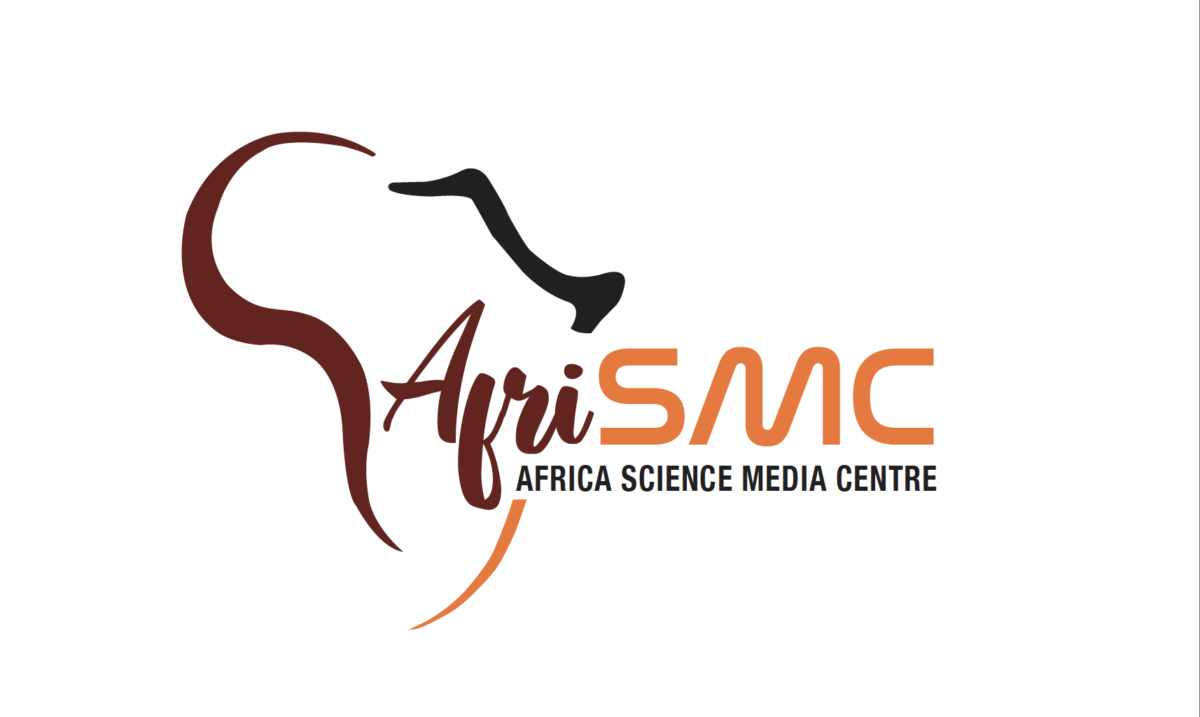Science Africa, a Nairobi-based media house that specializes in science and health journalism on the continent, yesterday launched the Africa Science Media Centre (AfriSMC) to help share accurate scientific and technology news in the region.
“The Africa Science Media Centre is a unique opportunity for Africa as it will contribute towards improving science journalism on the continent,” said Daniel Otunge, deputy executive director for Science Africa and AfriSMC director. “The aim of the Center is to improve accuracy and effectiveness in science reporting by ensuring that journalists have access to expert opinion on emerging scientific issues and that scientists have access to science journalists to help them tell the story.”
Ugandan science reporter Vivian Agaba is among the journalists welcoming the AfriSMC. “It is such a good initiative,” she said. “It will be a lot easier to access scientists and other experts.”
“Covering science in Africa can be very tricky,” Agaba explained. “Many scientists do not really trust journalists that they can write scientific stories without misquoting them — and rightly so, because few reporters [here] actually have the skills to investigate and write an accurate science story.”
“There are lots of challenges that journalists in Africa face when trying to communicate science information to the public,” said Otula Owuor, chairperson for AfriSMC. “Journalists want to report breaking information, but they cannot get [timely access to] the experts who can actually give them the right information.”
“We have also noticed challenges in terms of accuracy of the science stories that are published from the continent,” Owuor added. “There are lots of myths that are being published as truths.”
AfriSMC is seen as a way to help avert these inaccuracies and fake news on the continent.
AfriSMC will not necessarily compete with or duplicate the work of Science Africa. Rather, it will be another vehicle that Science Africa can use to facilitate an “informed public debate” on science, technology and innovations [STIs] on the continent.
“Science Africa is like the parent of the Science Media Center in Africa,” Otunge explained. “Science Africa will nurture AfriSMC until its maturity.”
The AfriSMC will work with the media, scientists, academies of sciences, research institutes and other medical associations on the continent to improve consumption of accurate scientific information in the region, Otunge said. It will also work with other relevant regional organizations, United Nations agencies, universities, industry and government to promote objective and effective science coverage.
It will link reporters with scientists and vice versa to generate and share accurate scientific information on the continent.
The AfriSMC is the first of its kind on the African continent, but not the globe.
The SMC is like a franchise, Otunge said. The first Science Media Centre was established in the United Kingdom in 2002 amid a growing public mistrust of science after a frenzy of inaccurate media reporting on the measles, mumps and rubella (MMR) vaccines, autism and genetically modified crops.
Other SMCs have been established in Australia, New Zealand, Canada, Germany, the United States and Malaysia. Only Africa that was lagging behind.
Like the other SMCs worldwide, the AfriSMC will cover all areas of science, including health, climate change, agriculture and engineering, among others, Otunge said. It will link journalists with scientists so reporters can tell “accurate” scientific stories. It will also provide expert advice and evidence on issues relating to science in the media and will produce easy-to-use fact sheets and guides.
“The aim is to provide a regular and credible platform for scientists to share information on emerging and developing scientific issues to journalists to support effective reporting that will build public understanding and confidence in science as an indispensable tool for development,” Otunge said.
“We shall be having media briefings on the health and science issues that are trending where experts will speak to the journalists,” he said. “We really need this to make sure that science is really well managed in Africa.”
The centre will kick-start its operations with a webinar media engagement on Nov. 25 that will feature Prof. Omu Anzala, a virologist and immunologist at the University of Nairobi, discussing the second wave of the COVID-19 vaccine.
Although based in Nairobi, the AfriSMC aims to expand its reach across Africa.
“No country has developed without integrating science, technology and innovation into its development agenda,” Otunge said. “And the best way to start is to make sure that the public gets the correct information, that the policies that we come up with are evidence-based. We need accurate scientific information on the African continent.”
Daniel Aghan, director of the African Conference of Science Journalists, where the launch was announced, said the Africa Science Media Centre would come in handy to bridge a “dangerous” gap between journalists and scientists on the continent.
“There is a notion [here] that scientists are more important than journalists. The SMC will try to address this gap,” Aghan said. “We [scientists and journalists] need to realize that we are partners. The relationship between scientists and journalists should be symbiotic if we are interested in sharing accurate scientific information.”
Dr. Kathryn Toure, regional director for Eastern and Southern Africa at the International Development Research Centre (IDRC), called for “gender equity” as the Africa Science Media Centre starts on the journey to promote coverage of accurate and effective scientific stories on the continent.
Image: South African doctor looks through operating microscope. Shutterstock/Mark Fisher

